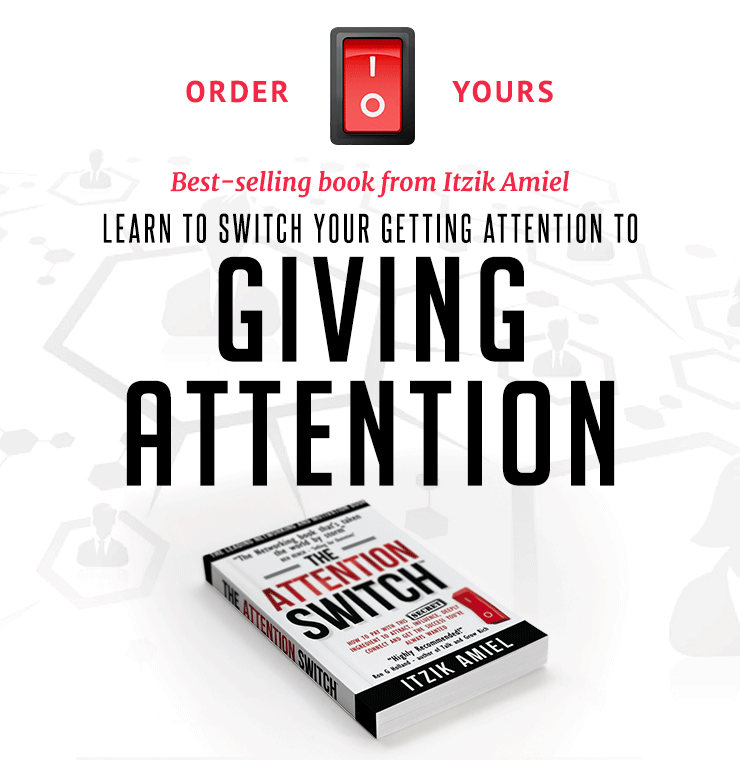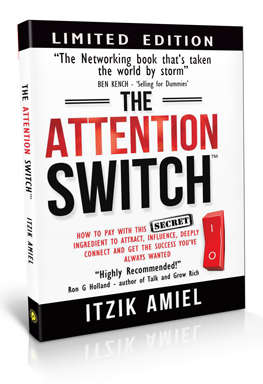Have you ever experienced this: When you see something for the first time and you start seeing it or hearing it everywhere?
For example when someone mentions something to you, or you read it in a book, and suddenly everywhere you go you see it.
Isn’t it odd when you’re thinking about an old friend from elementary school you haven’t connected with in years, and then you see him suddenly in an event?
It’s weird, right?
I’m sure it has happened to you and if it hasn’t perhaps you just haven’t noticed.
In any case, I found this phenomenon has a name. It’s called “The Baader-Meinhof Phenomenon“, also more commonly known as “Frequency illusion”. [source: Zwicky]
We’ve all had these occurrences—most of us have experienced this phenomenon a few times in their lives, while others encounter them with greater regularity.
Is there some hidden cause or meaning behind these events?
Would you call it a coincidence, synchronicity, or just a blip in the matrix?
Chances are what you’ve learned is no more ubiquitous than it was before, but because you are now paying more attention, you notice it more often.
Here’s why you’re suddenly seeing this new thing everywhere.
According to the Pacific Standard Magazine , this phenomenon is caused by two processes:
Process #1: Selective Attention
Selective attention kicks in when you’re struck by a new word, thing, idea or a person; after that, you unconsciously keep an eye out for it, and as a result find it surprisingly often.
Your brain seems to be excited by the fact that you’ve learned something new, and selective attention occurs.
Your brain subconsciously thinks, “Hey, that’s awesome! I’m going to look for that thing without actually thinking about it.”
So now that you’re looking for it, you find it.
To make it all the more powerful, the second process occurs:
Process #2: Confirmation Bias
This process reassures you that each sighting is further proof of your impression that the thing has gained overnight omnipresence, after seeing it even once or twice.
In other words, you start agreeing with yourself that, indeed, you’re definitely seeing it more.
So you probably asking – what between the Baader-Meinhof Phenomenon and boosting your Personal brand?
Let me explain.
Our brains’ prejudice towards patterns. Our brains are fantastic pattern recognition engines, a characteristic that is highly useful for learning and also connecting to other people.
Boost your Personal Brand
For personal branding and Standing Out of entrepreneur, this phenomenon is precisely why nurturing is incredibly important.
Once someone starts noticing your personal brand, you’ll want to help them start seeing you “everywhere.”
The Baader-Meinhof phenomenon links directly to smart and effective personal branding.
Repetition, consistency, and frequency are all critical in supporting a strong personal brand, and therefore hold extreme value to the success of your brand recognition and attracting more and new clients to you.
There is an automatic imprint of your personal brand story in the mind of your relations and connections.
What makes you so memorable that you stick in people’s minds long after you’ve left the meeting with them?
What are you known for? OR what do you want to be know for?
What makes you stand out?
What gives you the competitive advantage over your peers?
The Exposure Effect
Repeated exposures to things that we have neutral or positive feelings about increases the likability of those things. This is also true when we are dealing with people.
This is “the exposure effect”, also called “the mere exposure effect”.
Also when we are dealing with people and building relations, we tend to favor the familiar and mistrust the new and different.
Thus, repetition breeds familiarity. We develop preferences for people simply because they are more familiar [not to be mistaken with “famous”].
I am sure you are familiar with this effect when it is concerning products. It is one of the basic concepts behind advertising.
You see an ad in a magazine or a commercial on TV over and over again and after a time become more likely to buy the product being advertised.
Repeated exposure to works better than a single exposure.
But It’s important that the perception of the stimuli being repeated is neutral or positive. Repeated exposure to negative stimuli will more likely amplify the negative perception.
Make people become familiar with your personal brand
Let’s think personal branding.
Personal branding makes great use of the exposure effect.
The more exposures to you and your personal brand (assuming your personal brand is initially seen in a neutral or positive light) eventually leads to a more positive perception of you.
Familiarity with your personal brand is a hugely important facet in when developing your personal brand.
This is where brand consistency comes in and the use of the Baader-Meinhof phenomenon to help your brand.
Keeping a consistent message across all mediums – offline and online – will help you more easily build that familiarity.
Seeing the same message over and over again, whether it’s on your website, in printed material, over social media, or in face-to-face interactions, will help reinforce in your connections minds what your personal brand image is.
Why is personal brand consistency important to you?
Consistency with the messages that you send out to the public is a big part of building your brand.
And of course, the opposite is also true.
Sending conflicting messages out can confuse your connections and damage your relations with them and the trust that you have build until that point with them.
Your Connections want to know you
Interacting with your connections should be done through a consistent personal brand voice.
When your connections hear about you from somebody else, and when they read it also in a book, and suddenly everywhere they go they see you…they will be experiencing the Baader-Meinhof phenomenon.
Brand consistency is part of building trust.
Part of engaging the right emotions with your connections is making them feel like they know your brand and that your brand can be trusted.
When your connections get to know you, they will identify with you and your purpose.
And when your connections feel like they know you and can trust you, they will be more likely to consume your services or buy products from you and more likely to recommend you to others and send referrals to you.
Your personal brand consistency takes you to the next level in marketing yourself and your services.
You’re no longer need to convince your relations and connections to buy your product from you and consume your service.
Your personal brand is so consistent, so synonymous with your name and level of services that when your connection sees your name again they are already thinking about you again and making their next interaction with (or purchase from) you without you even having to ask.
So now a question to you: what do you want to be known for? What makes you stand out? What gives you the competitive advantage over your peers? Please share what do you do on a regular basis to build your genuine Personal Brand.

“Itzik is an International Speaker, Bestselling Author, Business Mentor & Attorney-at-law. The Global Leading Authority on Business Development, Business Networking, Referrals & Relationship Capital & Founder of THE SWITCH® and THE SWITCH HUB®”





